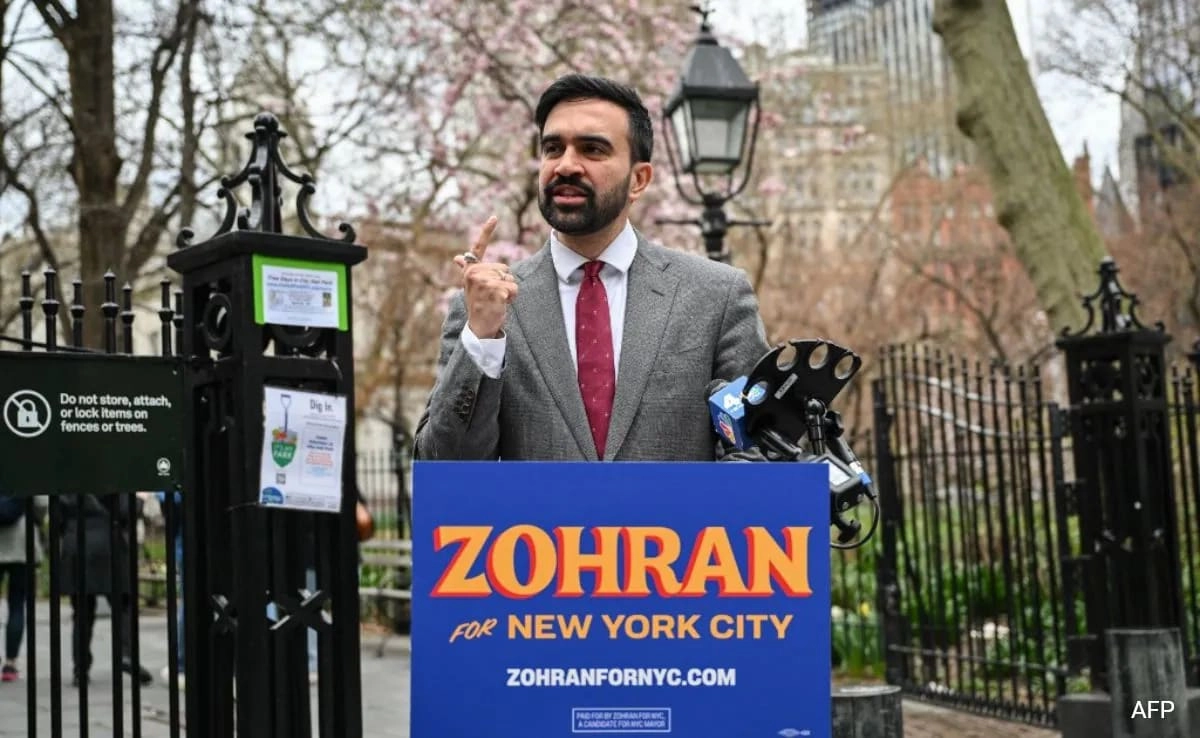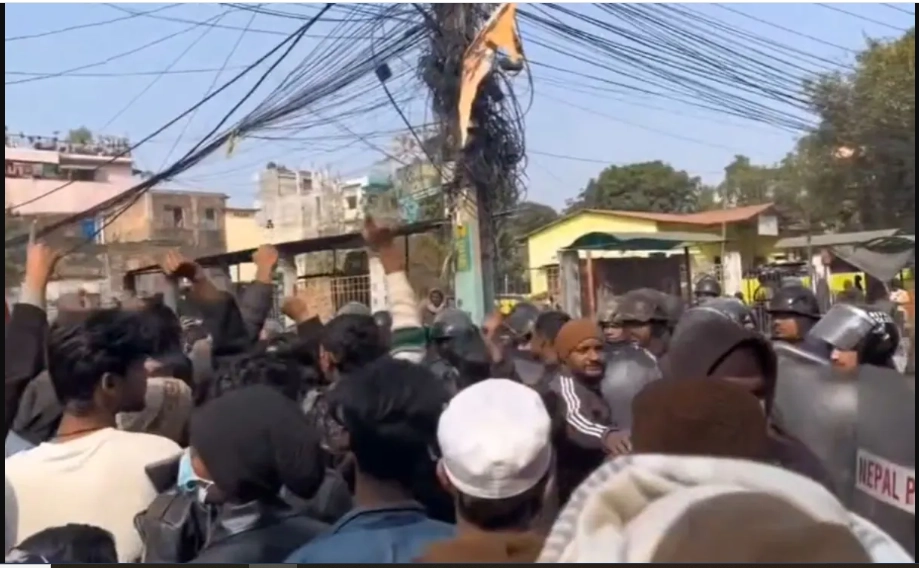In the wake of Zohran Mamdani’s recent primary victory, a noticeable shift in the New York real estate market has emerged, particularly among wealthy investors and property owners. Mamdani, a progressive candidate known for advocating for affordable housing and tenant rights, has captured the attention of the city’s elite, leading many to reconsider their property dealings. His win signals a potential change in the political landscape, with implications that could affect property values and regulations in the coming months.
Wealthy New Yorkers, traditionally eager to engage in lucrative property transactions, are now adopting a cautious approach. This hesitancy stems from concerns over Mamdani’s platform, which emphasizes the need for reforms that could impose stricter regulations on landlords and alter the dynamics of the real estate market. Investors are particularly wary of potential changes in rent control laws or increased taxes on high-value properties, both of which could diminish their return on investment. As a result, many are pausing their property deals, opting to wait and see how Mamdani’s policies will unfold and whether they will indeed impact the market as predicted.
Moreover, this pause in activity reflects a larger trend of uncertainty that often accompanies significant political shifts. Investors are not only considering the immediate implications of Mamdani’s policies but are also evaluating how these changes might resonate in the long term. The real estate market in New York City has always been influenced by political climates, and the current atmosphere suggests a period of adjustment as stakeholders reassess their strategies. This cautious stance could lead to a slowdown in the market, affecting everything from luxury condos to commercial real estate ventures.
As the dust settles from the primary election, it remains to be seen how Mamdani will navigate the challenges ahead and whether his agenda will resonate with the broader electorate. For now, the wealthy elite of New York City are taking a step back, observing the unfolding political landscape with a keen eye. While some may view this as a temporary stall, others believe it signifies a profound shift in how real estate transactions will be conducted in an era increasingly focused on social equity and housing justice. The interplay between politics and real estate will undoubtedly continue to evolve, shaping the future of New York’s skyline and its community dynamics.




